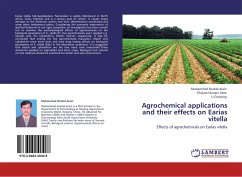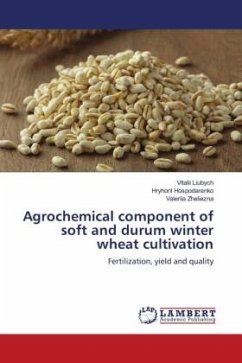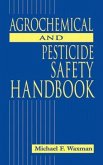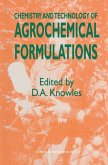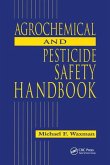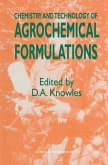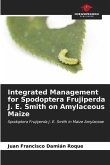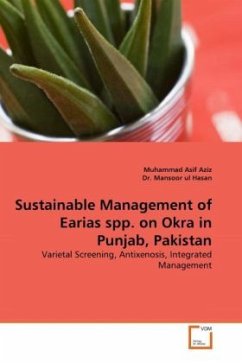Earias vitella Fab.(Lepidoptera: Noctuidae) is widely distributed in North Africa, India, Pakistan and is a serious pest of cotton. It causes heavy damage to the American cotton and okra (Abelmoschus esculentus),and some other malvaceous plants. Considering the economic importance of spotted bollworm in our agro ecosystem, an investigation has been carried out to examine the ecotoxicological effects of agrochemicals on the biological parameters of E. vitella (F). Five agrochemicals were applied e.g. Salicylic acid, Pix, Cyhalothrin, Match, Runner, respectively. It may be concluded that among the five agrochemicals evaluation, Match and cyhalothrin were more toxic and have long lasting effects on biological parameters of E. vitella (Fab.) in the laboratory conditions. It is suggested that match and cyhalothrin are the two more toxic insecticides.These should be avoided on vegetables and other crops. Biological and cultural control methods should be practiced for better and safe environment.
Bitte wählen Sie Ihr Anliegen aus.
Rechnungen
Retourenschein anfordern
Bestellstatus
Storno

